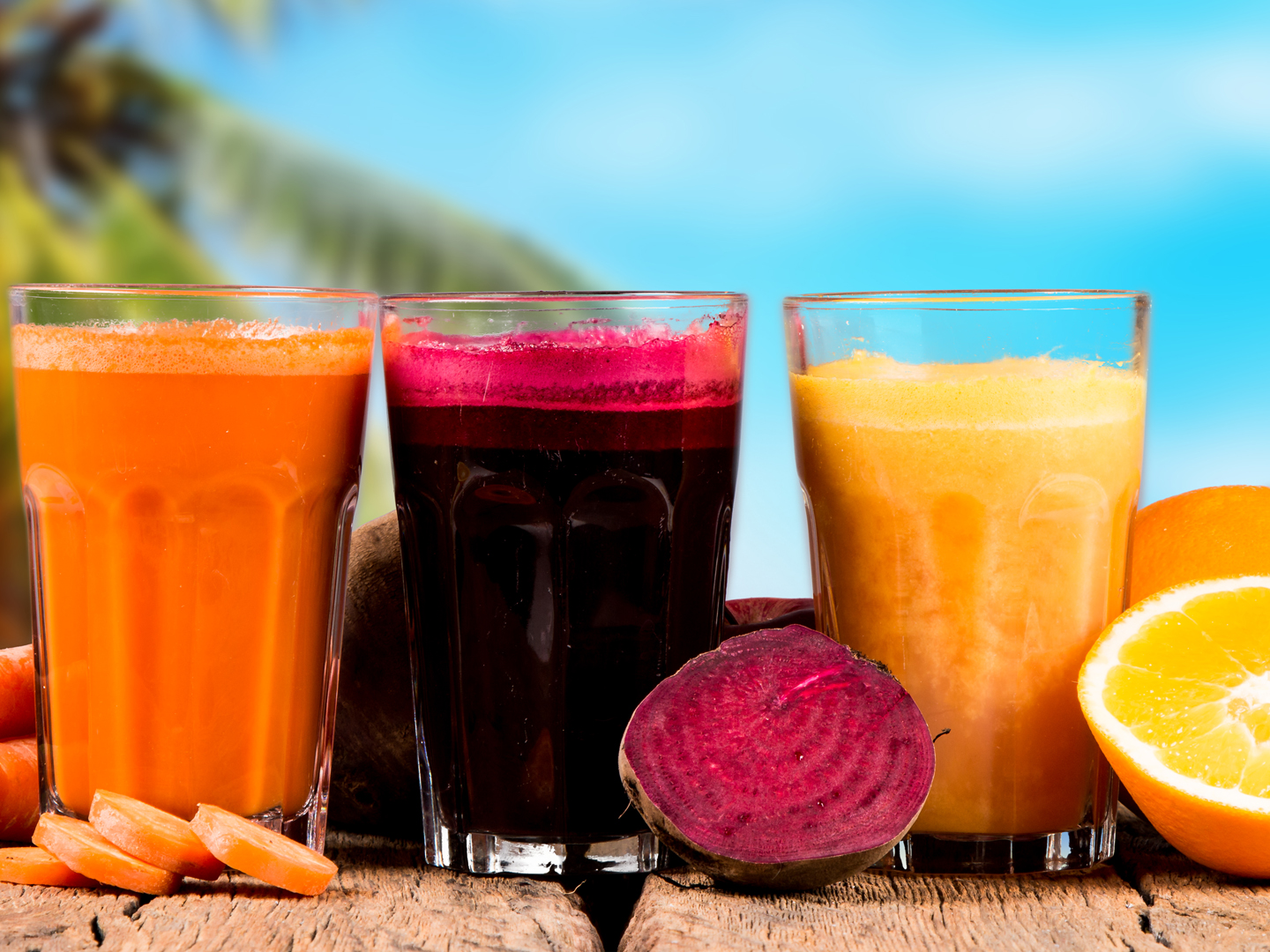Do Sweet Drinks Raise Cholesterol?
Can you tell me if sweet drinks are bad for heart health? I’ve been told that they can affect cholesterol levels. If so, how much is too much?
Andrew Weil, M.D. | April 27, 2020

Results of a large new study suggest that drinking 12 ounces or more of sugary drinks more than once a day is associated with lower levels of high-density lipoprotein (HDL) cholesterol – “good” cholesterol – and higher levels of triglycerides among middle aged and older adults. These changes can increase the risk of cardiovascular disease.
The study results were published in the Journal of the American Heart Association in February 2020. They stem from observation of some 5,924 U.S. adults who were followed for an average of 12.5 years. The researchers reported that drinking more than 12 ounces of sugar-sweetened beverages daily was linked to a 53 percent higher incidence of high triglycerides and a 98 percent higher incidence of low HDL cholesterol compared to findings among people who drank fewer than one sweet drink per month. The investigators noted that beverages such as sodas, sports drinks and fruit-flavored drinks are the major source of added sugars Americans consume. The study also reported that regularly drinking up to 12 ounces of 100 percent fruit juice daily was not linked with adverse changes in cholesterol, although the researchers noted that further research is needed here.
The drinks studied included sodas, fruit-flavored drinks, sports drinks, presweetened coffees and teas, low-calorie sweetened beverages (including naturally and artificially sweetened diet sodas or other flavored drinks), as well as 100-percent fruit juices with no added sugars.
Drinking low-calorie sweetened beverages did not appear to be linked with dyslipidemia, an unhealthy imbalance of cholesterol and triglyceride levels, which increases the risk of cardiovascular disease. The researchers noted that an estimated 40 to 50 percent of U.S. adults are affected by dyslipidemia.
Lead study author Nicola McKeown, Ph.D., a nutrition epidemiologist at the Jean Mayer USDA Human Nutrition Research Center on Aging at Tufts University in Boston, noted that cutting back on or eliminating consumption of sugary drinks “may be one strategy that could help people keep their triglyceride and HDL cholesterol at healthier levels.” She added that “while our study didn’t find negative consequences on blood lipids from drinking low-calorie sweetened drinks, there may be health consequences of consuming these beverages on other risk factors. Water remains the preferred and healthiest beverage.”
This study wasn’t the first to find an association between consumption of sugary drinks and heart disease. I reported in 2015 on research from the University of California, Davis that showed a direct “dose-dependent” relationship between the amount of added sugar in sweetened beverages and increases in specific risk factors for cardiovascular disease in young, healthy men and women. The investigators noted that their findings reinforced earlier evidence showing that the risk of death from cardiovascular disease rises as the amount of daily added sugar in the diet increases.
I should also note that in 2019 a large study from France indicated that a daily intake of as little as 3.4 ounces of sugar-sweetened drinks – including fruit juices – was associated with an 18 percent overall risk of cancer and a 22 percent increased risk of breast cancer (among women).
Andrew Weil, M.D.
Source:
Nicola M. McKeown et al, “Beverage Consumption and Longitudinal Changes in Lipoprotein Concentrations and Incident Dyslipidemia in US Adults: The Framingham Heart Study,” Journal of the American Heart Association, February 26, 2020; DOI: 10.1161/JAHA.119.014083












